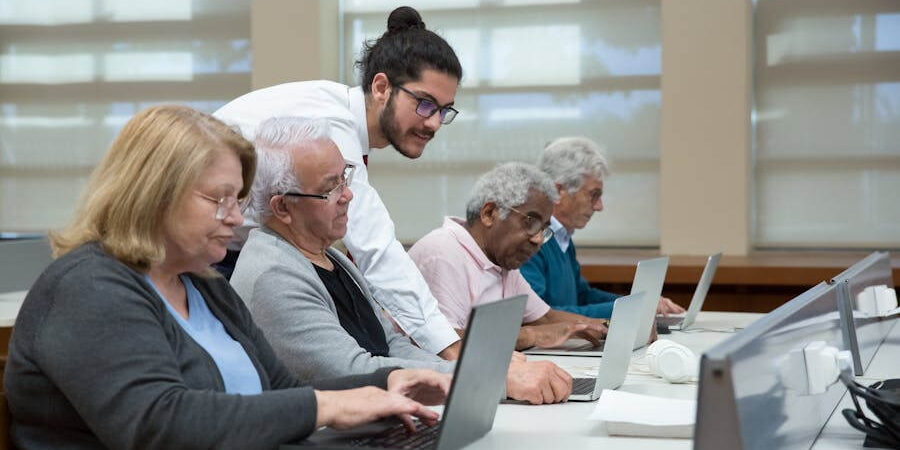


It starts as subtle confusion or irritability, often brushed off as fatigue.
But for many families, these behaviors—heightened in the late afternoon or evening—can be an early sign of something much more concerning: dementia.
Experts call it sundowning. Recognizing these patterns early might be the first step in addressing cognitive decline.
Dr. Shannel Kassis Elhelou, a dementia specialist, emphasizes that sundowning isn’t just part of growing older.
“It’s a marker that should encourage loved ones to seek medical advice,” she says.
Being proactive in identifying these changes can lead to earlier care and better outcomes.
#Dementia #Sundowning #CognitiveHealth #ElderCare #MentalHealth
For years, families affected by Alzheimer’s have been waiting for something more than symptom management.
Enter lecanemab, a drug showing promise in slowing cognitive decline.
Unlike past treatments, it targets amyloid-beta proteins—believed to be a root cause of the disease.
Though not a cure, the findings offer hope for millions, including caregivers like Amanda, whose mother began lecanemab last year.
“It’s given her a bit more time to be herself,” Amanda shares.
Experts continue studying how this breakthrough might reshape the future of Alzheimer’s care.
#Alzheimers #Lecanemab #Neurology #CognitiveHealth #ClinicalTrials #MedicalResearch
Could a simple blood test replace memory-based diagnoses?
Researchers are shifting from subjective testing to biomarkers —proteins detectable in blood and spinal fluid. This approach promises earlier, more accurate detection.
This development gives patients and families a fighting chance to prepare and respond early.
#Alzheimers #HealthCare #Biomarkers #MemoryLoss #PatientCare #Diagnosis #HealthcareAdvancements

A recent study reveals surprising predictors of dementia in later life. These include physical health, lifestyle, and even social habits.
The good news? Changes today can significantly alter tomorrow’s risks.
Maintaining an active lifestyle and building strong relationships are more critical than ever, researchers say.
Genetics might play a role, but everyday choices make the biggest impact.
#Dementia #CognitiveHealth #HealthResearch #Wellness #HealthyLiving #Exercise #PreventiveCare #RANDCorporation
Cardiorespiratory fitness is not just about a healthy heart—it’s about a sharp mind. Studies now link aerobic activity to stronger memory and faster thinking.
Exercise doesn’t have to be extreme. A 30-minute walk or swim a few times a week can make a difference. It’s never too late to take steps—literally—toward better brain health.
#CardiorespiratoryFitness #CognitiveHealth #DementiaPrevention #BrainHealth #ExerciseBenefits
Understanding dementia isn’t just about statistics or medical breakthroughs, it’s about the real lives these discoveries touch.
From early signs like sundowning to groundbreaking treatments and preventative lifestyle choices, every step forward offers hope for seniors with dementia.
Whether it’s staying active, paying attention to subtle changes, or exploring new diagnostic tools, the message is clear: small actions today can lead to a healthier mind and body tomorrow for you and your loved ones.
Contact Applewood Our House for more information about memory care for seniors.